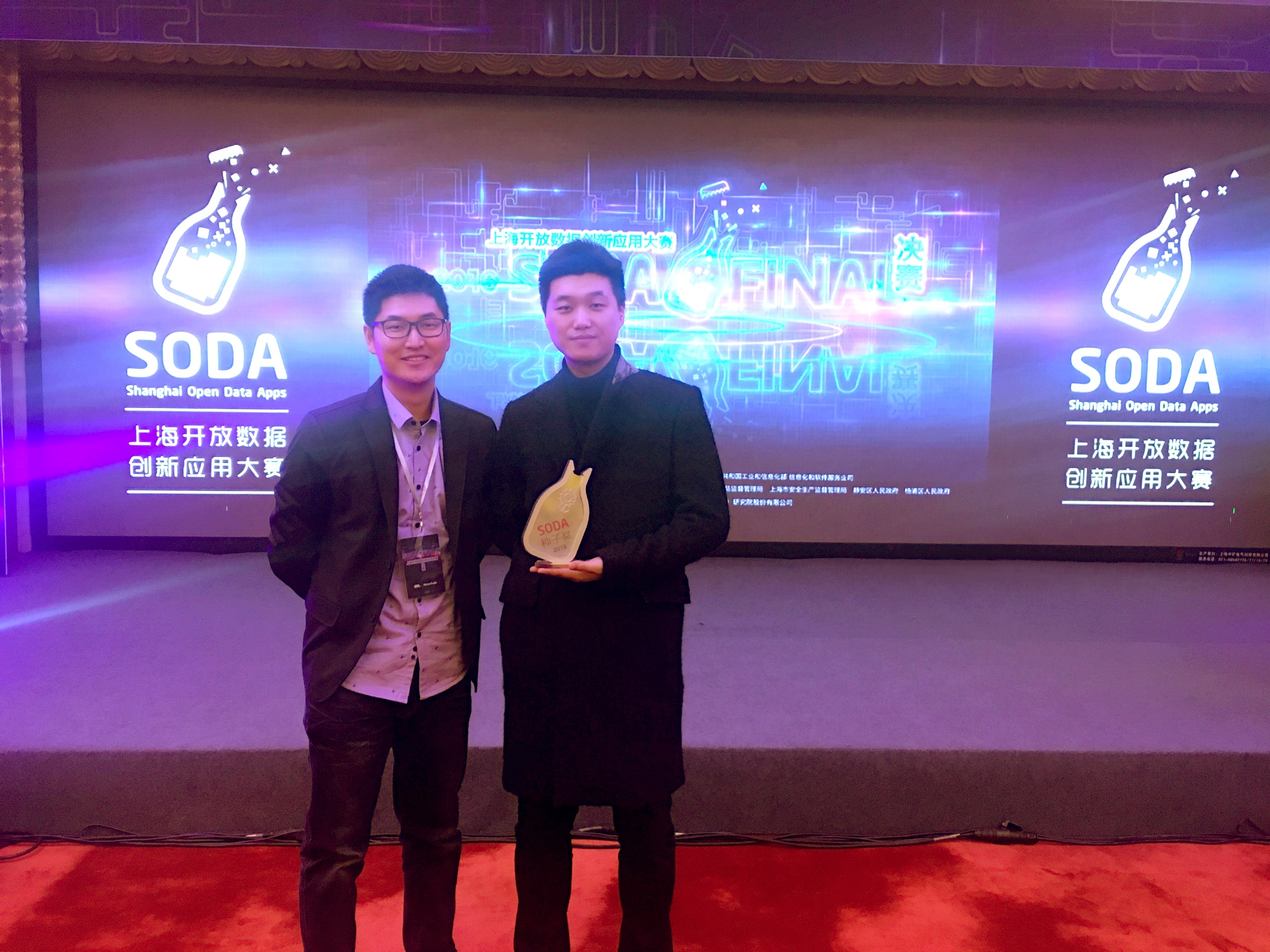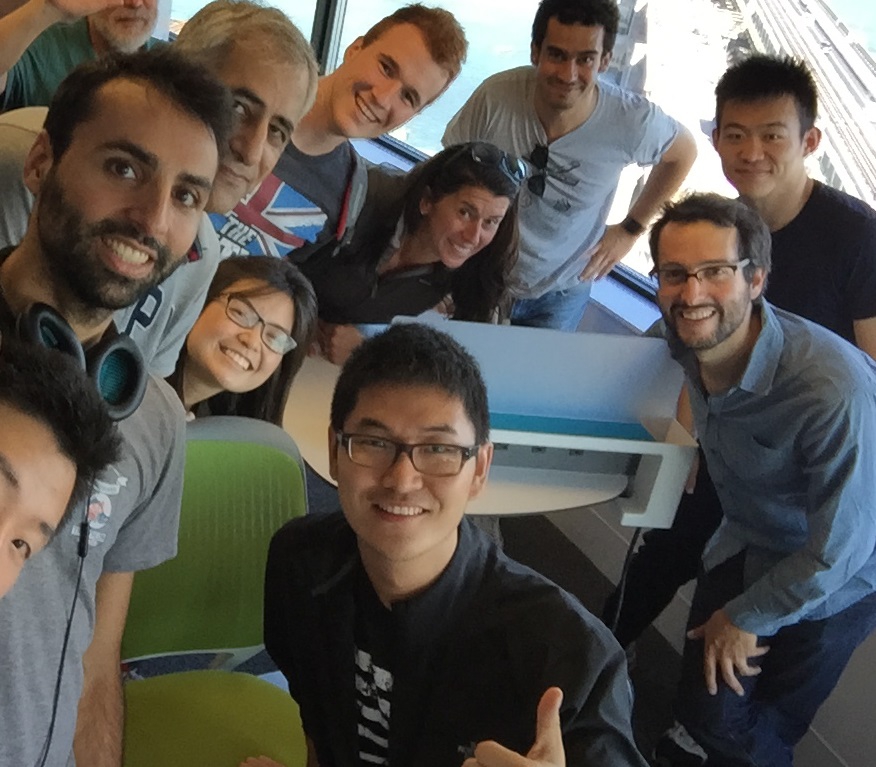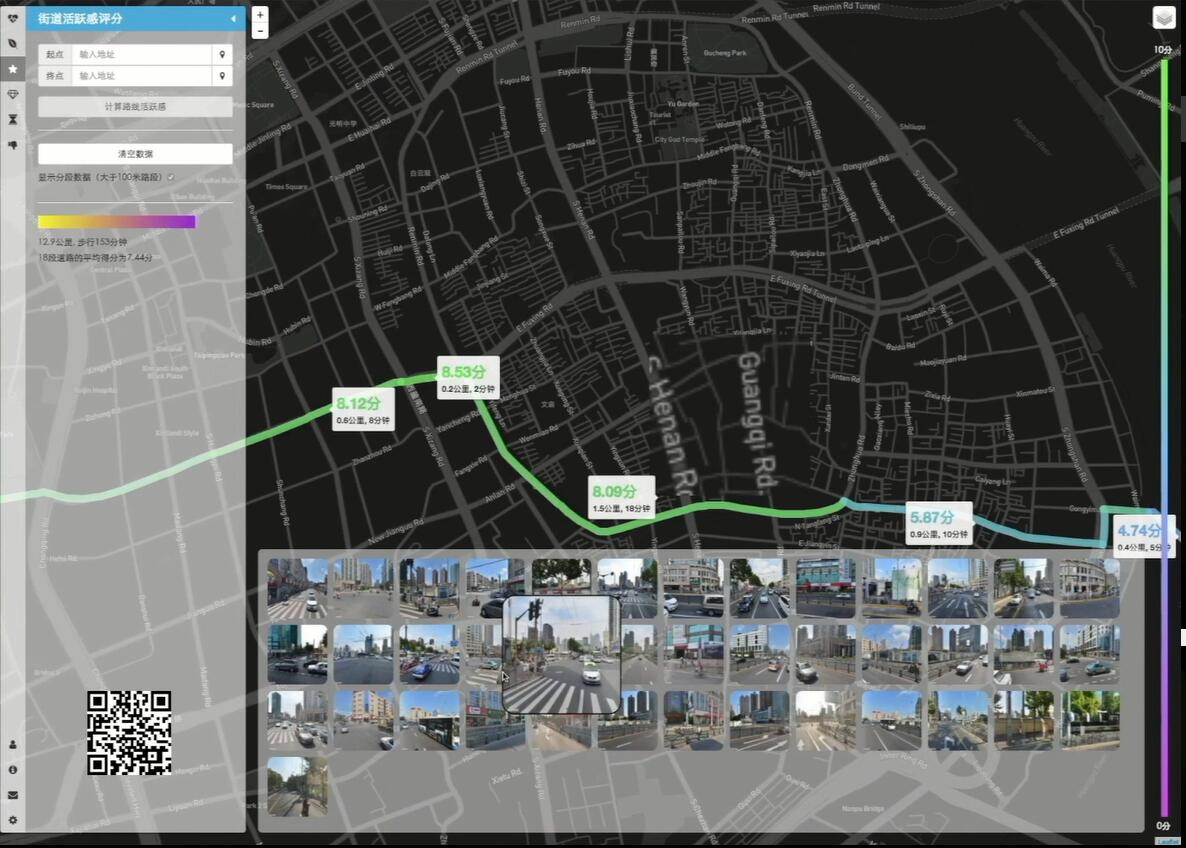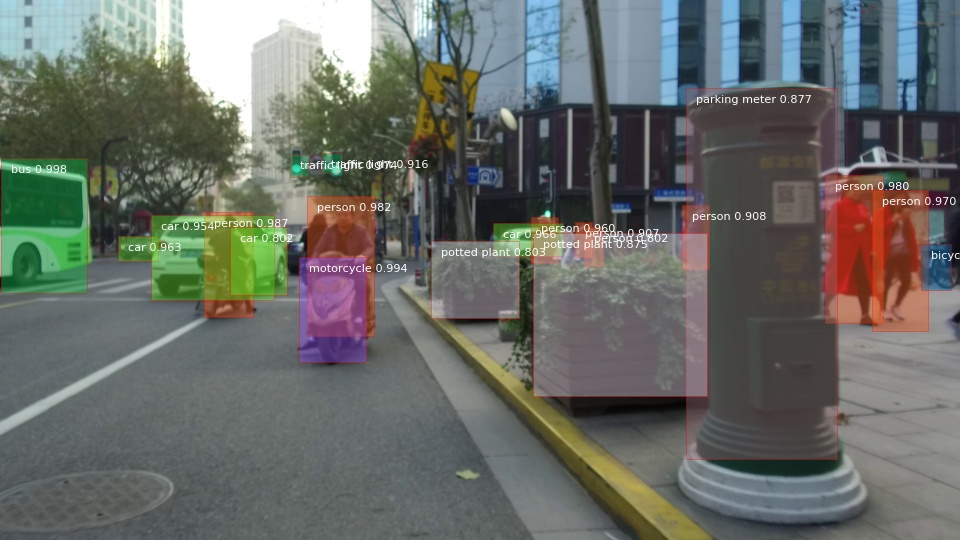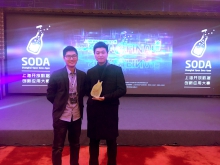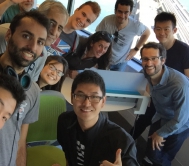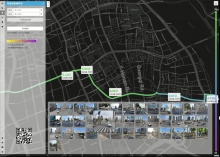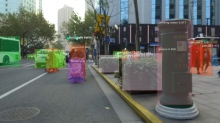CUHK
News Centre
CUHK-MIT Team Wins Seed Award at SODA Game 2016
StreeTalk, a team formed by students from the Institute of Space and Earth Information Science (ISEIS), The Chinese University of Hong Kong (CUHK) and Massachusetts Institute of Technology (MIT), has won a Seed Award in the Shanghai Open Data Apps (SODA) Game 2016. Members of the team include ZHANG Fan, a PhD candidate supervised by Prof. LIN Hui at CUHK ISEIS, and LIU Liu and ZHOU Bolei, both PhD candidates at MIT.
SODA is the first open data challenge in mainland China looking at supporting innovation through open data. The SODA Game 2016 was held on the theme of ‘City Safety’, calling for solutions to urban problems through data mining and innovative applications. More than 431 teams, over 1,500 people from all over the world, joined this competition. Many of the teams came from internationally renowned enterprises and institutions including Amazon.com, Inc., Microsoft Corp., Tencent Holdings Ltd., Alipay, Baidu, Inc., as well as Tsinghua University, Peking University, MIT and Carnegie Mellon University. The entries covered different areas such as social security, road safety, financial security and food safety. After a stringent selection process (First and Second Phases), StreeTalk’s project ‘Urban Imagery Analysis with Deep Learning’ was listed in the top ten selected from 212 projects, and eventually won a Seed Award in the Final.
The ‘Urban Imagery Analysis with Deep Learning’ project, using cutting-edge computer vision and deep learning techniques, aims at processing and analysing a large number of street images to support decision making in urban study and planning. In order to evaluate the pedestrian space environment, StreeTalk developed a deep convolutional neural network using more than 1 million comparative data from citizens, to simulate human perceptions and preferences in urban space. The system has the capacity to score any urban street image according to various dimensions including safety, liveness and cleanness. The team also implemented two pre-trained models, object detection model and scene parsing model, to detect and parse common objects in urban scenes, such as roadside stalls, vehicles, pedestrians and buildings, offering a potential way to further research into the study of large-scale urban space.
Prof. WU Qidi, Former Vice Minister of Education of China and currently Minister of the Department of Management Science of National Natural Science Foundation of China, and also one of the judges of the Final, commented to StreeTalk, ‘Your project shows an interesting new approach to solving problems in urban application, and we hope the project can apply to the public and market soon.’
About the the Shanghai Open Data Apps (SODA) Game
The SODA Game is a city-level platform for data innovation. It aims to collect innovative data applications from the public to solve urban problems and promote data flow through open data resources from government departments and enterprises. A Grand Award, three Outstanding Awards and six Seed Awards are presented in the Game. All eligible teams automatically enter into SODA Award track, which includes the First Phase, the Second Phase and the Final. The top ten teams need to present their projects at the Final roadshow to compete for the Grand Award.
The SODA Game 2016 was supervised by the Office of the Central Leading Group for Cyberspace Affairs, and the Ministry of Industry and Information Technology of China. It was jointly organized by the Shanghai Commission of Economy and Informatization and a number of municipal government departments, and was coordinated by the China Industrial Design Institute.


